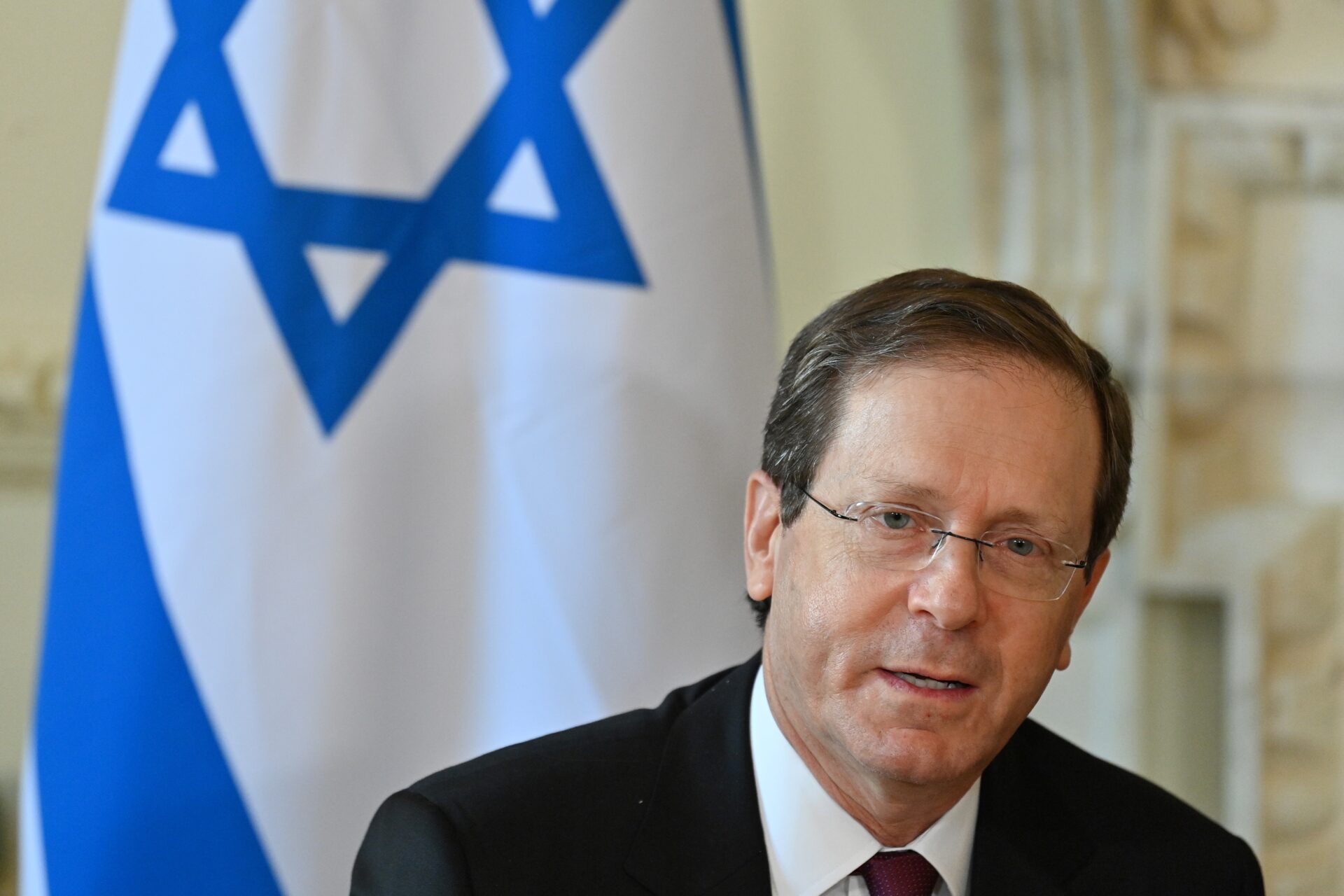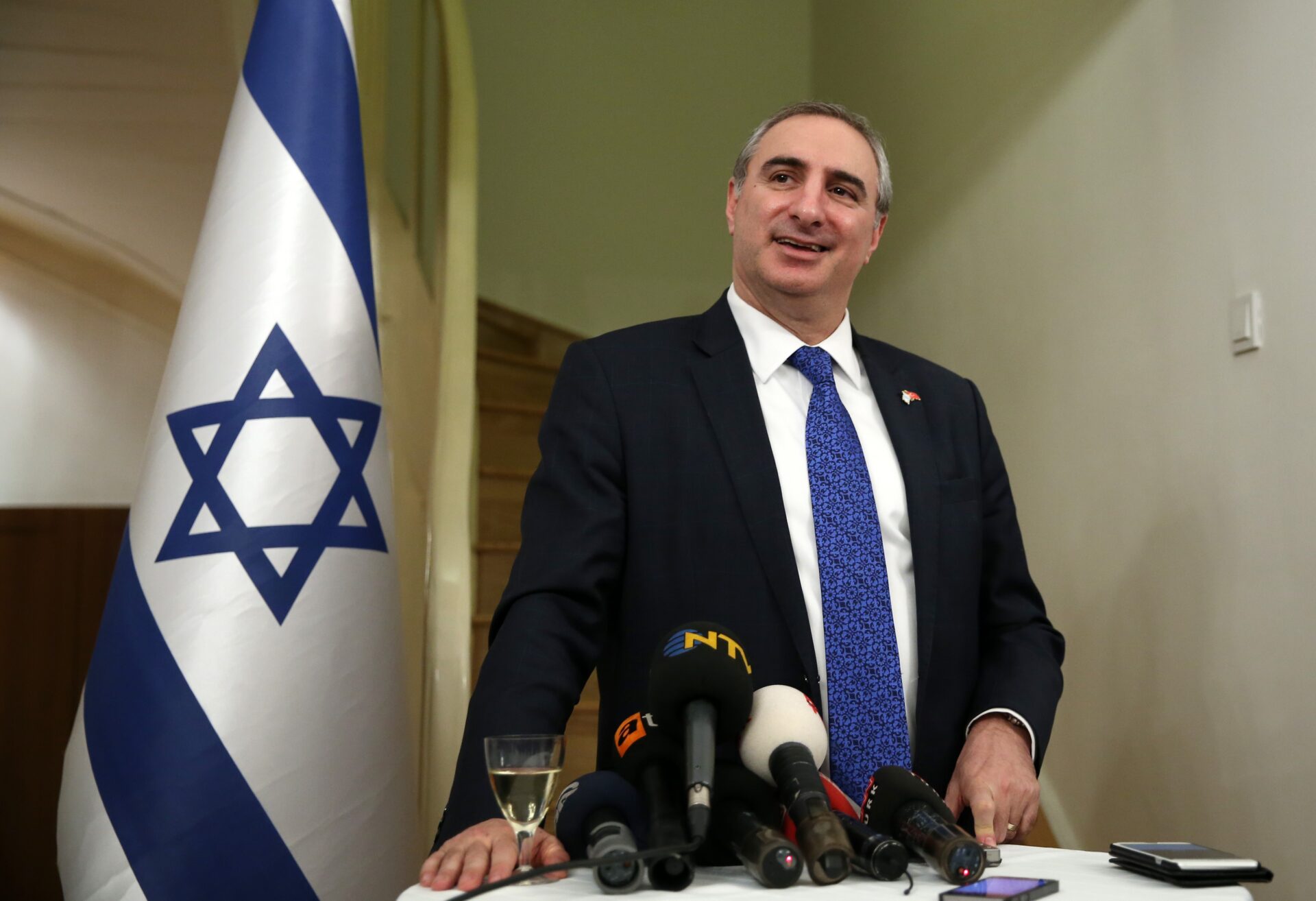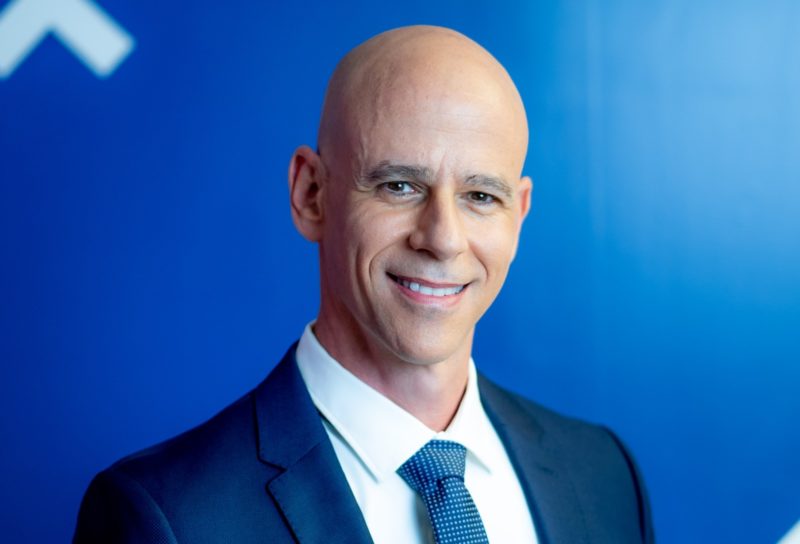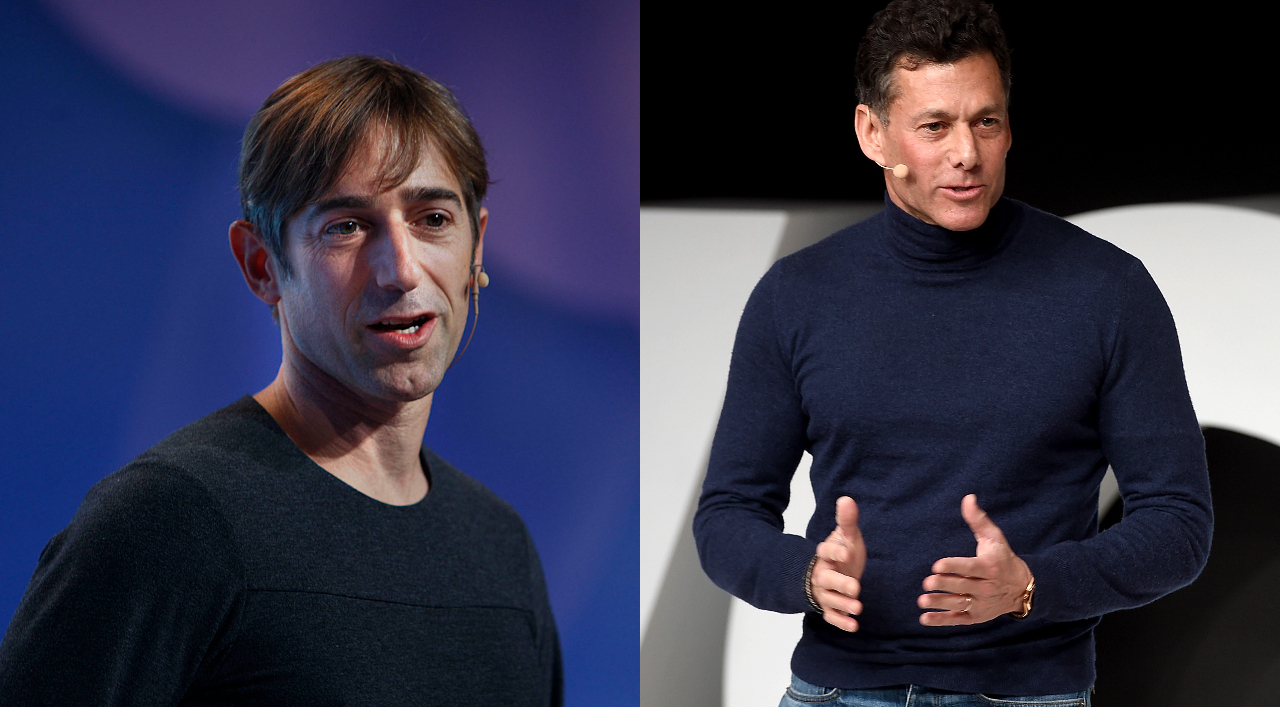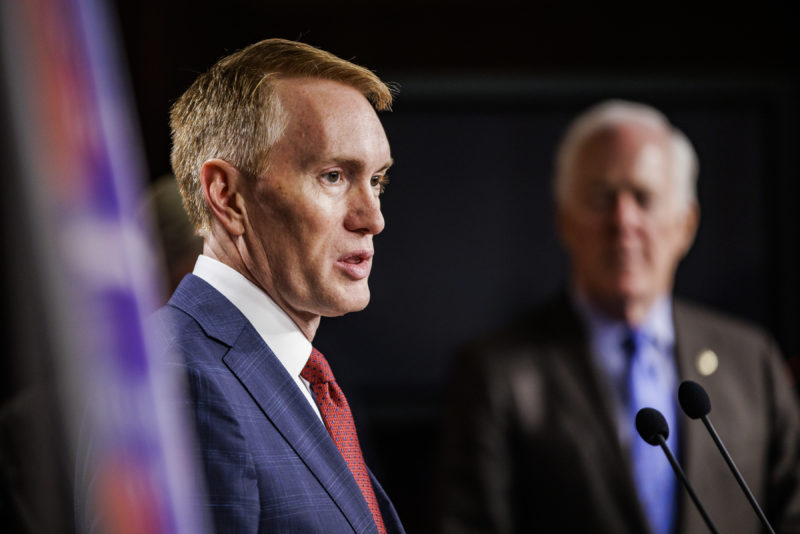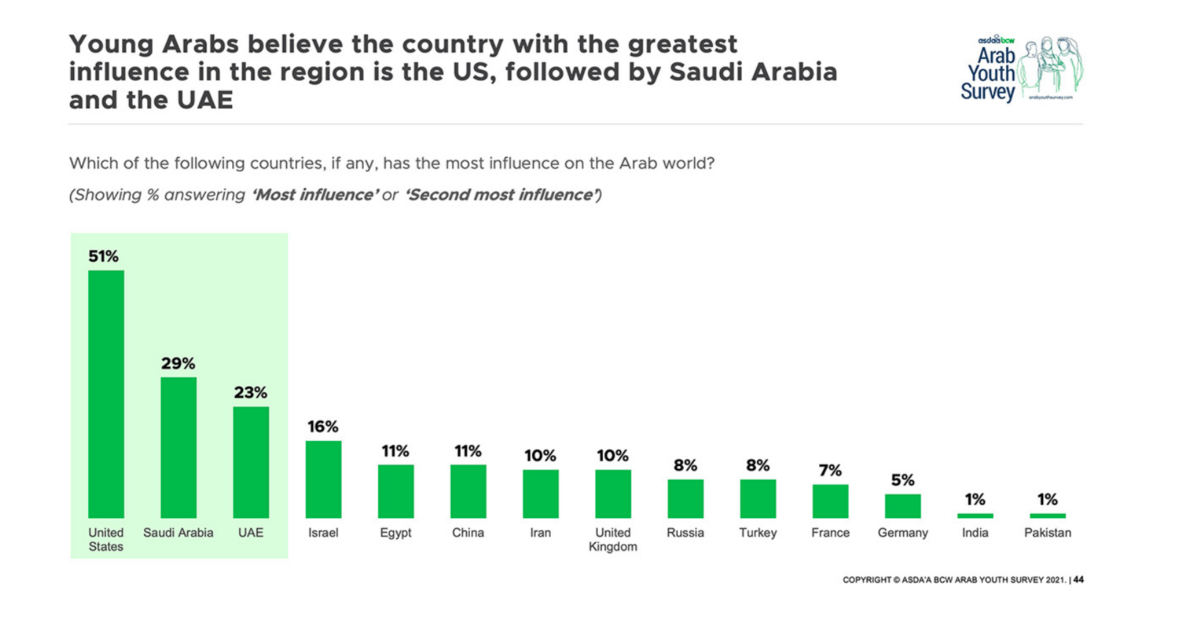Female students in Israel do not traditionally study STEM subjects, but some are trying to change that
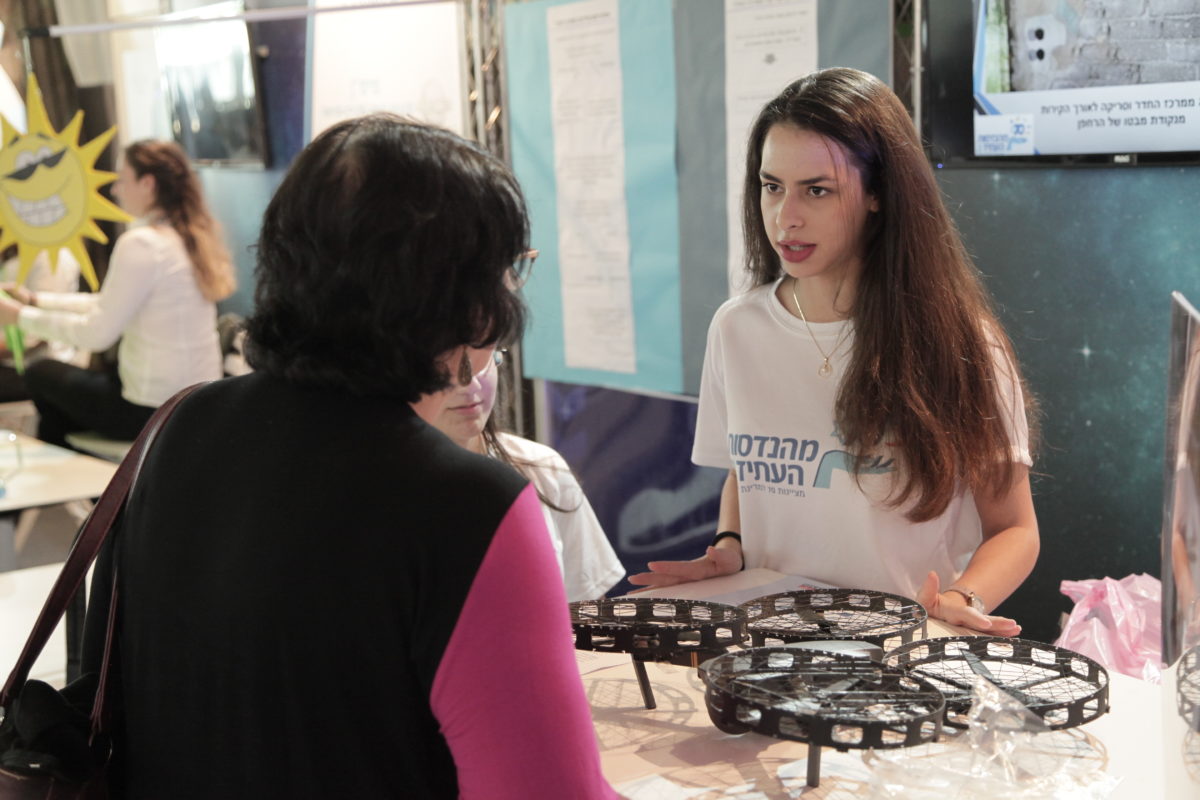
Courtesy
A participant in the Israel Aerospace Industries Engineers of the future program presents her final project.
Not far from Ben Gurion Airport, in a spacious and airy hangar, sits Israel’s latest collection of highly sophisticated Unmanned Aerial Vehicles (UAVs). Large and small, short distance and longer range — even the first Israeli drone, circa 1980, strung from the ceiling — the space has everything one might expect to inspire, create and develop these innovative flying machines. However, among the workstations, spare parts and a plethora of highly trained engineers, there’s one thing conspicuously missing: women.
The space is part of a sprawling campus belonging to Israel Aerospace Industries (IAI), a state-owned company that develops all manner of civilian and military aerial systems it sells to more than 100 countries. It is a leader in the field both in Israel and around the world, however, among its 15,000 engineers only around a third are female.
The shortage of female engineers at IAI mirrors Israel’s broader technology and innovation sector today where women make up roughly a third of employees. And IAI is among the leaders in the industry looking for ways to address this gender imbalance.
“We want to raise the percentage of women in the engineering positions in the high-tech world in the future, not only for the IAI but for all of Israel,” Gili May, IAI’s chief relationship officer, who is responsible for the company’s social responsibility outreach, told Jewish Insider. “I think IAI has an obligation to fight for the right of women to take their place in the field of engineering. Of course, we hope that those graduating from our program will come back to us in the future, but that does not really matter as long as some of the girls from this program end up becoming engineers.”
The company’s Engineers of the Future program, launched six years ago, offers 100 teenage girls each year the chance to take a peek inside the industry, showing them the kind of jobs available and even connecting them with female mentors already working in the field who can guide them through their hectic adolescent years.
“I was always interested in science, and I always wanted to head in that direction but doing this program really helped to develop my dreams, it showed me what was possible and what I might be able to accomplish,” Eliya Harari, who participated in the program in 2017, told JI.
Now 21, Harari is completing a degree in computer science at Bar-Ilan University. She said that while she was interested in computers in high school, she did not receive too much encouragement or support from her family, her teachers or her peers.
“When you are young, there are so many things that you want to do and it is distracting,” Harari said. “But when I joined the [IAI] program, I met other girls who were like me, and that really made it fun and gave me some support.”
A recent study by Power in Diversity, a joint venture of more than 60 Israeli venture capital firms and more than 170 Israeli startups aimed at promoting diversity and inclusion, found that women account for only 33% of all industry employees. Dror Bin, CEO of Israel’s Innovation Authority, told JI in an interview last month that boosting the number of women in the sector was one of the authority’s main priorities, also in part to address an overall shortage of manpower in the country’s high-tech sphere.
“The manpower shortage in Israel’s high-tech [sector] is chronic,” said Maty Zwaig, CEO of Scale-Up Velocity, a branch of Start-Up Nation Central, which seeks to advance Israel’s high-tech industry and provide solutions to its human capital challenges.
Zwaig said that along the traditional route to careers in Israeli high-tech there were many points where young women could and should be encouraged and engaged much more, which would ultimately increase their participation in the industry.
“The pipeline to the high-tech industry in Israel begins with STEM, then there is the army and then university,” she described, using the acronym for the curriculum focused on science, technology, engineering and math. “We have a clear understanding of points where things go wrong, where we lose girls in the system.”
According to the Council for Higher Education in Israel, while the number of students overall studying STEM has increased over the past decade, still only 29% of students in subjects such as computer sciences, electrical engineering and electronics are female, Haaretz reported last month. The report highlighted that the gender gap begins in junior high school, where boys make up most of the students taking such subjects and continues on through the “pipeline” that Zwaig describes.
The number of girls or young women involved in science and technology dwindles even further when Israelis reach the army, said Zwaig, a former lieutenant colonel in the IDF, where she headed R&D units in the Intelligence Corps, citing her organization’s own research.
Only around 27% of army programmers are women and only 17% of cyber units are female, she said, adding that by the time many young women reach university, degrees focused on technological or science – subjects that almost guarantee a future in engineering or some aspect of high-tech and innovation – feel out of reach.
At IAI, which has been working to advance female engineers in its own ranks, the four-month training program for junior high school girls not only promotes STEM, it also works to develop bonds with those already working in the field.
Dikla Avraham, one of the few female engineers at IAI and a mentor for the program (not Harari’s mentor), said that such outreach was important in introducing “young women to the world of engineering and science,” which they might be reluctant to join because it such a male-dominated industry.
The program, she said, gave young women confidence and the mentoring showed that it is possible to also become wives and mothers, even while working in a highly competitive and very demanding industry.
May, who is also IAI’s spokesman, said that encouraging teenage girls to stick with scientific subjects throughout high school, the army and into university when there were so many life distractions came down to is “branding.”
“Of course, you need the basic capabilities in order to succeed in one of these subjects, but you don’t have to be a rocket scientist in order to matriculate in physics,” he pointed out. “We want to emphasize that studying these subjects is cool and that being an engineer is cool too.”
Scale-Up Velocity’s Zwaig is hopeful too, saying that even beyond the traditional life path laid out for Israelis, “it is never too late for women to go back and learn these topics” and find employment in the high-tech field.
Among the programs run by Scale-Up Velocity, is a retraining course for ultra-Orthodox women who are the main breadwinners in their community and are becoming increasingly present in Israel’s high-tech hub.
“If women want to do something that pays more, then they can find a way in,” Zwaig concluded. “The main problem is that women, at a certain stage, tell themselves this field is not for them, but there are so many positions they can do, it’s just a matter of self-perception.”





















